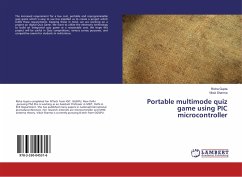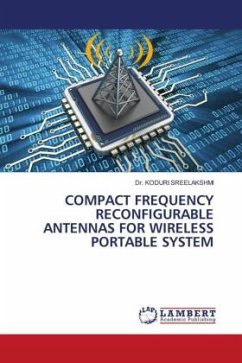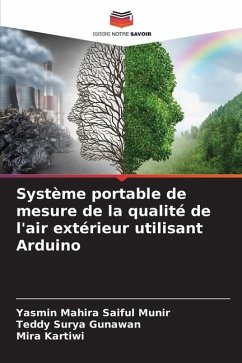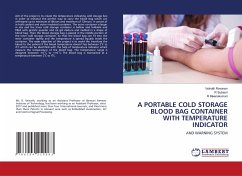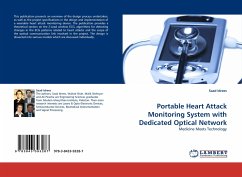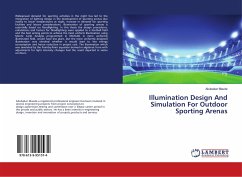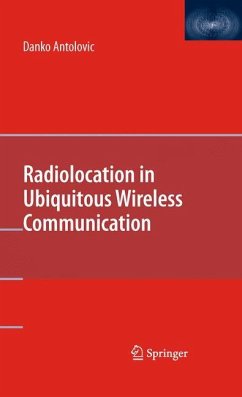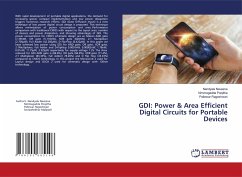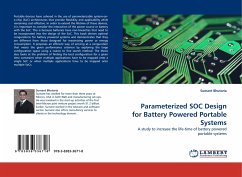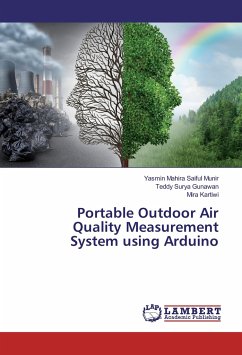
Portable Outdoor Air Quality Measurement System using Arduino
Versandkostenfrei!
Versandfertig in 6-10 Tagen
33,99 €
inkl. MwSt.

PAYBACK Punkte
17 °P sammeln!
The recent occurrence of haze in Malaysia has make the public to be more aware about the current air quality around them. This is because air pollution can cause severe effects to human health and environments. The Air Pollutant Index (API) in Malaysia is measured by Department of Environment (DOE) using stationary and expensive monitoring station called Continuous Air Quality Monitoring stations (CAQMs) that are only placed in areas that have high population densities and high industrial activities. Moreover, Malaysia did not include particulate matter with the size of less than 2.5µm (PM2.5...
The recent occurrence of haze in Malaysia has make the public to be more aware about the current air quality around them. This is because air pollution can cause severe effects to human health and environments. The Air Pollutant Index (API) in Malaysia is measured by Department of Environment (DOE) using stationary and expensive monitoring station called Continuous Air Quality Monitoring stations (CAQMs) that are only placed in areas that have high population densities and high industrial activities. Moreover, Malaysia did not include particulate matter with the size of less than 2.5µm (PM2.5) in the API measurement system. In this book, we present a cost effective and portable air quality measurement system using Arduino Uno microcontroller and four low cost sensors. It is capable to measure the concentration of carbon monoxide (CO), ground level ozone (O3) and particulate matters (PM10 & PM2.5) in the air and convert the readings to API value. The measured API has been comparedto the current API measured by DOE at several locations. Based on the results from the experiment, this air quality measurement system is proved to be reliable and efficient.



